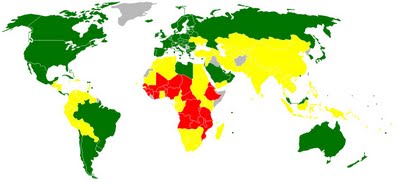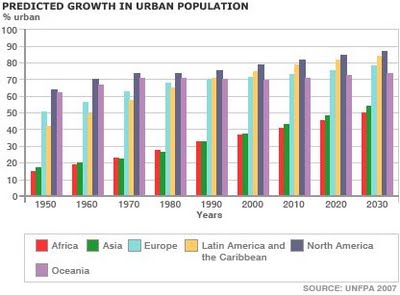
Worldwide, I mean.
I will argue to the end, that the 20th century started late and ended early. From the assassination of Archduke Franz Ferdinand in 1914 to the collapse of the Soviet Union in August 1991, the major map changes that defined the 20th century are easy to identify.
In additon to that, 1991 was one of those key years in which our world was transitioning to digital. From PBX phone systems, to the introduction of the GSM mobile phone standard, to the millions of peopkle that year who got their first email address and began to spend increasing amounts of time on the Internet.
1991 is still the most important year of my life. Think of the events. We didn't just have the end of the Soviet Union. We saw the first US-Iraq war (if you can call it a war). During the buildup to that war, US troops were temporarilly stationed in Saudi Arabia, which triggered Osama bin Laden to declare a personal war against both the US and the Saudi kingdom. Al Qaeda was founded less than two years later. The massacre of East Timorese civilians by Indonesian troops in the Santa Cruz Cemetery, marked the slow beginning of the end of Indonesian rule over the tiny, poor, predominantly Catholic island. A BBC camera crew captured the massacre. Had it occured just 15 years later, it would have had over a million views on You Tube. But back in 1991, it took word of mouth, emails, and the BBC World Service to get the news out and bring worldwide attention to East Timor.
We had cultural touchstones (or at least pop culture ones). The last album by The Pixies. The second album by Nirvana. Perhaps the greatest album by U2. The final excellent Star Trek film. The first $100 Million summer blockbuster, comlete with cutting edge CGI effects.
1991 was incredible. An orange and green Mazda with a comparitably small rotary engine won the 24 Hours of LeMans (the first and last Japanese-branded car to do so). CART, not NASCAR, was the most watched auto racing series in North America. Some Americans thought Zubaz pants were cool. America's GPS satellite network was already up in orbit. Satellite TV broadcasting and satellite radio were slowly being prepared for launch. And we were on the threshold of a mobile phone explosion and devices and prices began to shrink.
1991 had turmoil, death, but also promise. I can't say the same for 2011. The changes to our world's political map might change more than it ever has since 1991, with the fall of juntas in Egypt and Tunesia. It is still early in the year, but let's look at the subjects that are active right now.
As Newsweek editor in chief, Tina Brown, said back on March 17th, Barack Obama arguably has the worst inbox of any US president ever. What's in his inbox? Here's an incomplete list:
Civil war in the Ivory Coast
Civil unrest and a possible government overthrow in Syria
Crackdown on civil protests and the murder of civilians in Yemen
Crackdown on civil protests and the murder of civilians in once tranquil, Bahrain
A devistang earthquake and tsunami, followed by a subsequent slow metdown of spent fuel rods in northern Japan
A deteriorating state of affairs in Afghanistan, now in its 10th year of war and US occupation
A citizens uprising and overthrow of Mubarak in Egypt
A citizens uprising and overthrow of El Abidine Ben Ali in Tunisia
Sabre-rattling and threats to the region either from or supported by Iran
A deteriorating political and humanitarian situation in Haiti
The virtual destruction of Christchurch, New Zeland, by a devistating earthquake
War on unions in Wisconsin and other states, brought on by a mix of state budget deficits, lobbying by the Right, and the refusal of the GOP to raise taxes on the wealthy. This has motivated the previosuly silent Democratic base in the nation's heartland and Atlantic coast.
The threat of the GOP in Washington to drastically cut the federal budget, and shut down the government in order to push the cuts through Congress.

